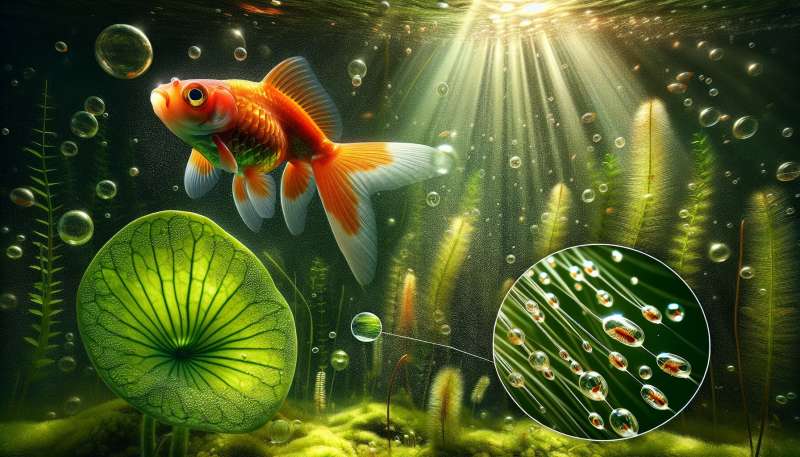
Defining Life Processes
Life processes are vital activities performed by living organisms to sustain life. These include nutrition, respiration, excretion, and more. They differentiate living beings from non-living matter and are essential for growth and reproduction.
Mysterious Sleeping Trees
Plants also experience a 'sleep' cycle known as circadian rhythms, akin to animal sleep. During the night, their metabolism slows, and certain trees even droop their leaves, demonstrating a remarkable, rest-like state not often associated with plant life.
Microbial Survival Tactics
Microbes illustrate extreme life processes, surviving in harsh environments. Some can even halt their metabolism, entering a cryptobiotic state to withstand desiccation, extreme temperatures, and vacuum, practically halting time until conditions become favorable again.
Plants' Ingenious Nutrition
While photosynthesis is well-known, some plants have evolved other ways to obtain nutrition. Carnivorous plants, such as Venus flytraps, derive nutrients from insects, showcasing life processes' diversity and adaptability.
Respiration Without Lungs
Not all organisms breathe with lungs. Fish use gills to extract oxygen from water, while insects employ a network of tracheae. Plants utilize stomata on their leaves for gas exchange, illustrating diverse life process adaptations.
Excretion Beyond Waste Removal
Excretion isn't just waste removal; it's a complex process managing an organism's chemical balance. Birds excrete uric acid instead of urine, conserving water. Plants excrete oxygen as a 'waste product' of photosynthesis, crucial for our survival.
Cellular Regeneration Mysteries
Some animals, like axolotls and starfish, can regenerate entire body parts—a life process humans share to a lesser degree. This remarkable ability is a focus of scientific research, with potential implications for medicine and longevity.Fungi Communicate Via Electrical Pulses
Fungi use electrical signals to communicate, much like human neurons. This astonishing discovery reveals complex 'conversations' within fungal networks, akin to a natural internet.
What characterizes life processes?
Activities sustaining non-living matter
Vital activities differentiating living organisms
Processes essential for non-growth
Company